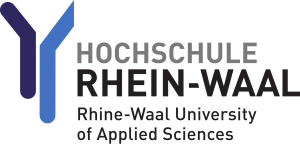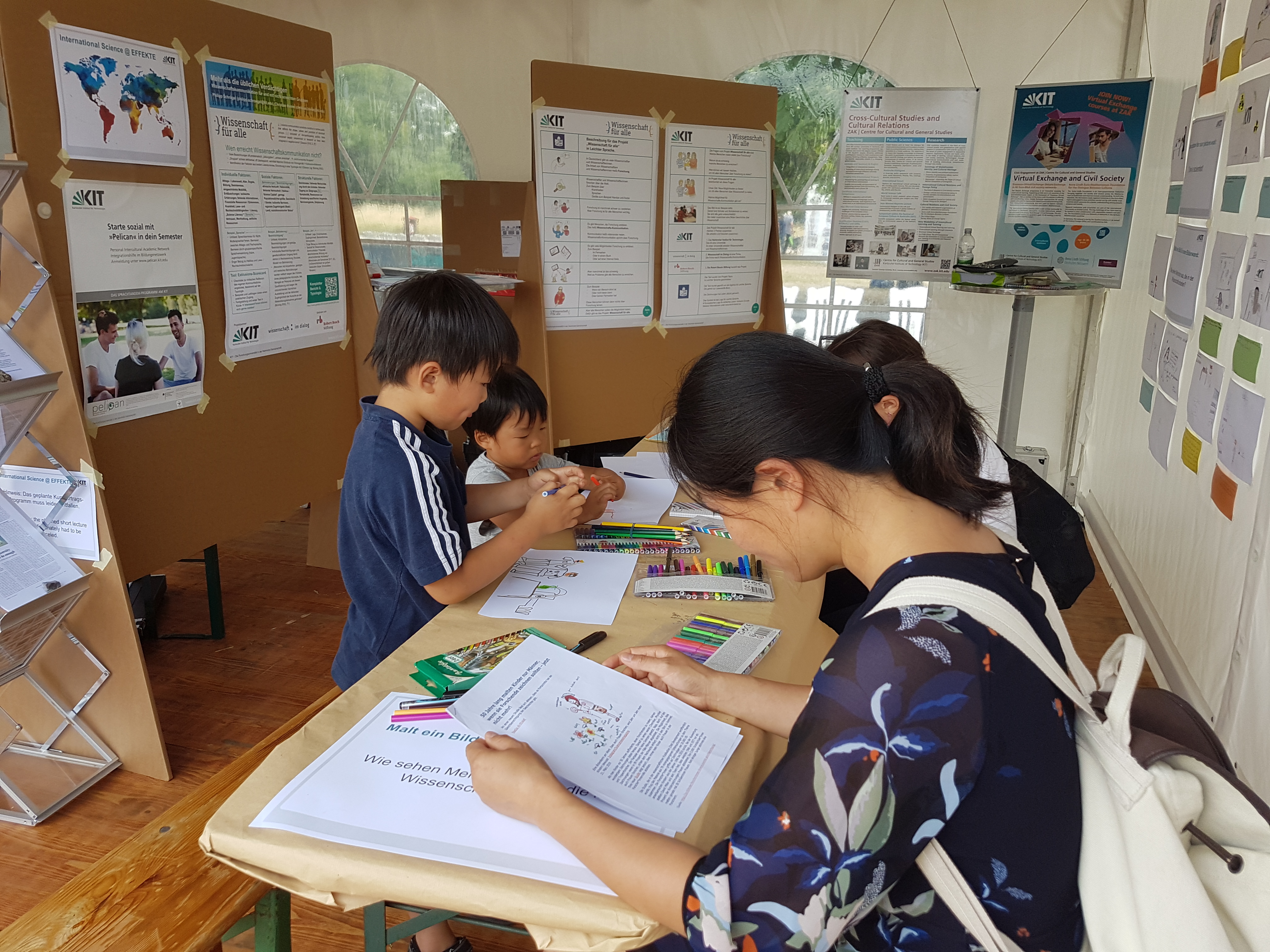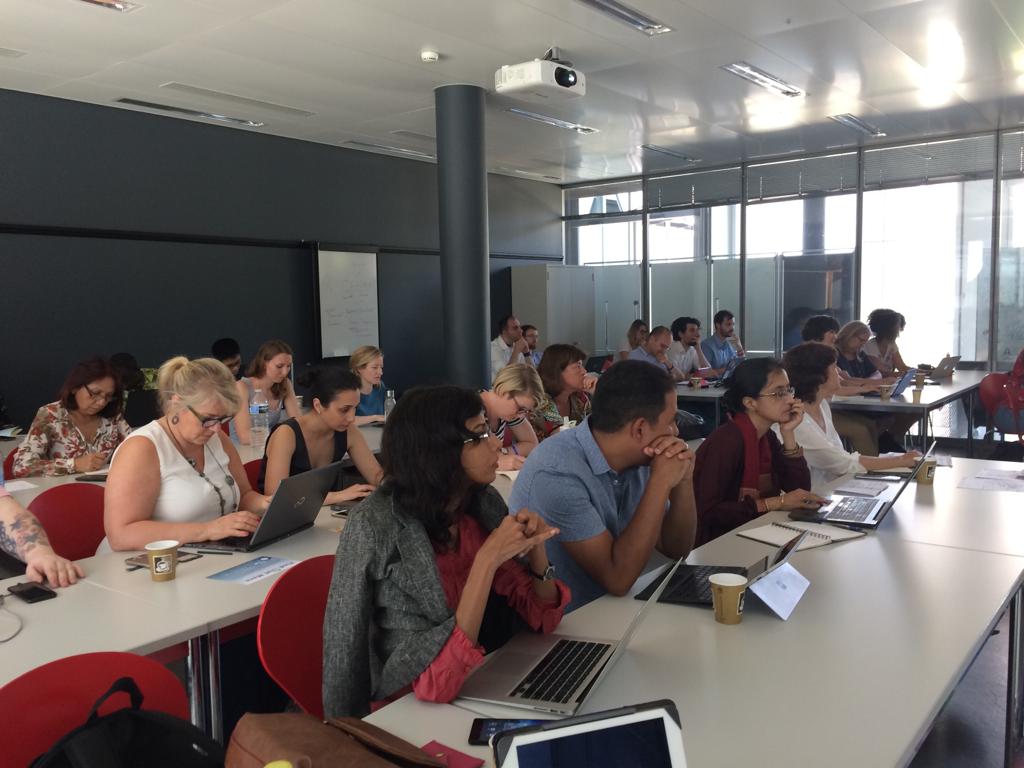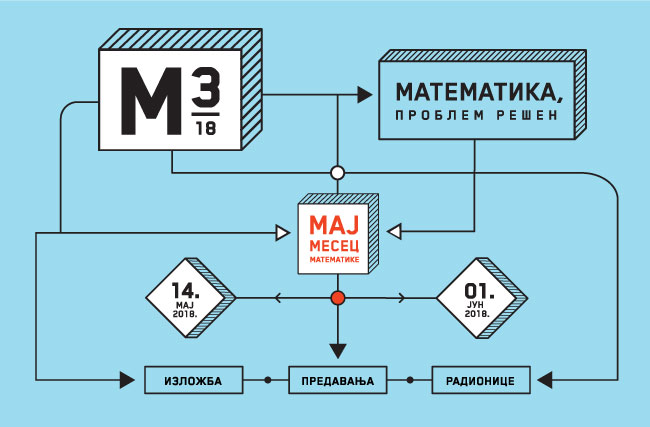
| Location | Kleve, Germany |
| URL | www.hochschule-rhein-waal.de |
Rhine-Waal University of Applied Sciences
Rhine-Waal University of Applied Sciences, founded in 2009, is one of Europe’s youngest universities. Free of a traditional academic legacy, it has embraced a creative institutional structure with faculties such as “Society and Economics” and “Communication and Environment” bridging across disciplines.
With 75% of its degree programmes taught in English, the university attracts a diverse and international student body. The rapid growth of the university has sparked an intensive discussion in its region about the role of science and universities in society, innovation, and regional policymaking.
The university offers an undergraduate, English-language Science Communication & Bionics programme focused on communication management and governance. The science communicators trained here are meant to constitute a ‘third generation’, seeing themselves not primarily as promoters of their institutions, but instead as mediators between the world of science and innovation, and its multiple stakeholders in policy-making, the economy and civil society. Particular emphasis is placed on an awareness of social and ethical responsibilities; an internationally comparative approach to media; and understanding the norms, processes, and culture of science.
Within NUCLEUS, Rhine-Waal University takes the lead for coordination of the project. The project management team is responsible for ensuring the project runs smoothly; facilitating collaboration amongst the international consortium members; dissemination and communications of project progress; and setting the direction for the annual conferences and their role in project progress.
Furthermore, from 2017 to 2019, Rhine-Waal University will host one of the ten institutional NUCLEI that will implement new governance policies outlined in the RRI Roadmap. The Roadmap, developed based on the findings of the Field Trips and the Interdisciplinary Study, will recommend new strategies and methods to develop cultures of Responsible Research and Innovation in universities and research institutions. The NUCLEI phase of the project will ensure that the policy recommendations resulting from the project are not only based on theory and research, but on a practical implementation in the real world as well.


